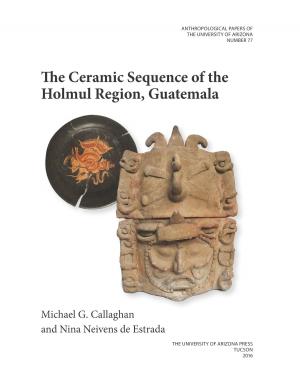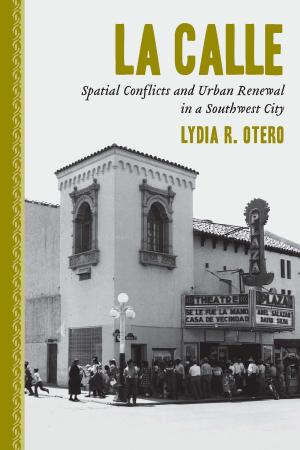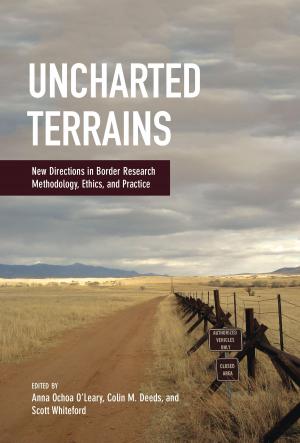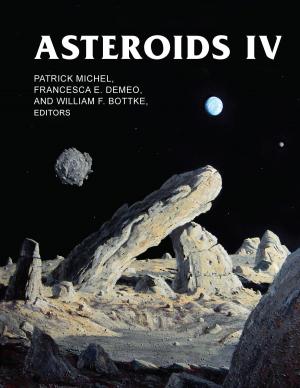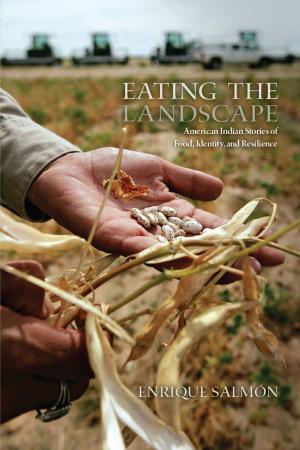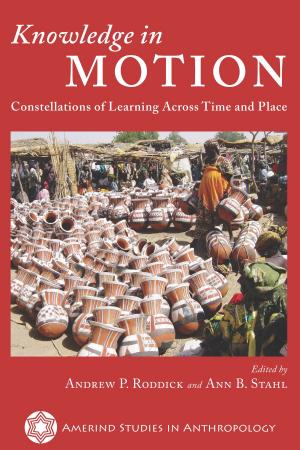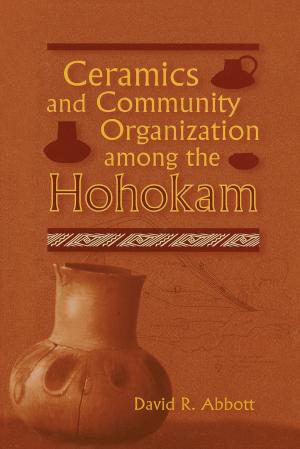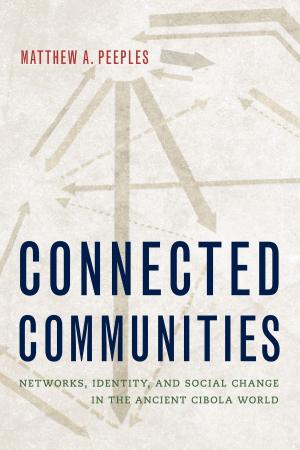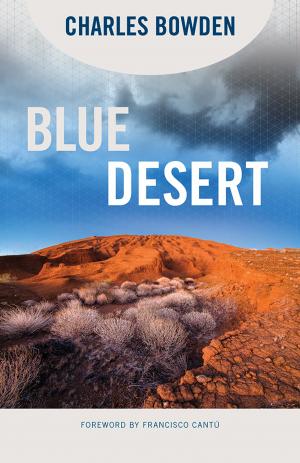Therapeutic Nations
Healing in an Age of Indigenous Human Rights
Nonfiction, Social & Cultural Studies, Social Science, Cultural Studies, Native American Studies, Gender Studies| Author: | Dian Million | ISBN: | 9780816599172 |
| Publisher: | University of Arizona Press | Publication: | September 26, 2013 |
| Imprint: | University of Arizona Press | Language: | English |
| Author: | Dian Million |
| ISBN: | 9780816599172 |
| Publisher: | University of Arizona Press |
| Publication: | September 26, 2013 |
| Imprint: | University of Arizona Press |
| Language: | English |
Self-determination is on the agenda of Indigenous peoples all over the world. This analysis by an Indigenous feminist scholar challenges the United Nations–based human rights agendas and colonial theory that until now have shaped Indigenous models of self-determination. Gender inequality and gender violence, Dian Million argues, are critically important elements in the process of self-determination.
Million contends that nation-state relations are influenced by a theory of trauma ascendant with the rise of neoliberalism. Such use of trauma theory regarding human rights corresponds to a therapeutic narrative by Western governments negotiating with Indigenous nations as they seek self-determination.
Focusing on Canada and drawing comparisons with the United States and Australia, Million brings a genealogical understanding of trauma against a historical filter. Illustrating how Indigenous people are positioned differently in Canada, Australia, and the United States in their articulation of trauma, the author particularly addresses the violence against women as a language within a greater politic. The book introduces an Indigenous feminist critique of this violence against the medicalized framework of addressing trauma and looks to the larger goals of decolonization. Noting the influence of humanitarian psychiatry, Million goes on to confront the implications of simply dismissing Indigenous healing and storytelling traditions.
Therapeutic Nations is the first book to demonstrate affect and trauma’s wide-ranging historical origins in an Indigenous setting, offering insights into community healing programs. The author’s theoretical sophistication and original research make the book relevant across a range of disciplines as it challenges key concepts of American Indian and Indigenous studies.
Self-determination is on the agenda of Indigenous peoples all over the world. This analysis by an Indigenous feminist scholar challenges the United Nations–based human rights agendas and colonial theory that until now have shaped Indigenous models of self-determination. Gender inequality and gender violence, Dian Million argues, are critically important elements in the process of self-determination.
Million contends that nation-state relations are influenced by a theory of trauma ascendant with the rise of neoliberalism. Such use of trauma theory regarding human rights corresponds to a therapeutic narrative by Western governments negotiating with Indigenous nations as they seek self-determination.
Focusing on Canada and drawing comparisons with the United States and Australia, Million brings a genealogical understanding of trauma against a historical filter. Illustrating how Indigenous people are positioned differently in Canada, Australia, and the United States in their articulation of trauma, the author particularly addresses the violence against women as a language within a greater politic. The book introduces an Indigenous feminist critique of this violence against the medicalized framework of addressing trauma and looks to the larger goals of decolonization. Noting the influence of humanitarian psychiatry, Million goes on to confront the implications of simply dismissing Indigenous healing and storytelling traditions.
Therapeutic Nations is the first book to demonstrate affect and trauma’s wide-ranging historical origins in an Indigenous setting, offering insights into community healing programs. The author’s theoretical sophistication and original research make the book relevant across a range of disciplines as it challenges key concepts of American Indian and Indigenous studies.

